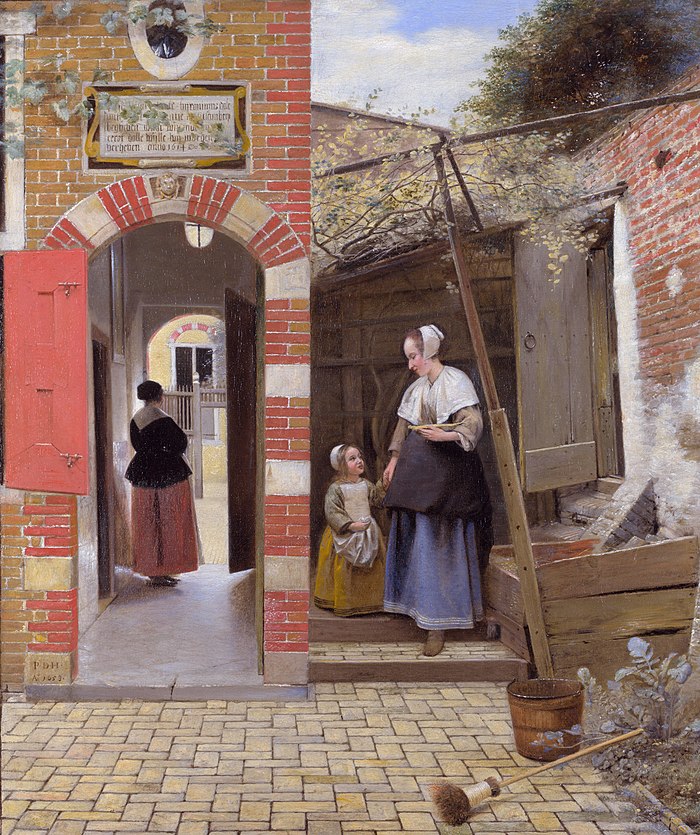Discover
Editorials
-
Category: Editorials
Valedictory Editorial
André Naffis-Sahely
I can still remember the excitement of holding my first copy of Poetry London. It was the Autumn 2004 issue featuring Peter Redgrove on the cover, which I purchased only weeks after I first moved to the UK. I can [...] -
Category: Editorials
‘i will be survived by myself / and the many times that i still have to die’
Editorial by André Naffis-Sahely
André Naffis-Sahely
I first met Gboyega Odubanjo on 29 January 2019 in the Terrace Bar of the Tate Modern. I had just published his poem ‘Confessions in 3/4 Timing’ in the pages of Ambit’s Winter 2018 issue, having been hired by the [...] -
Category: Editorials
Refoundations
André Naffis-Sahely
Much has changed in the world of poetry since we celebrated the launch of our Autumn 2022 issue just five months ago. After sixty-four years in print, Ambit folded just shy of its 250th issue, while The Moth’s Spring 2023 [...] -
Category: Editorials
Treacherous Foundations
Isabelle Baafi
Earlier this year, I moved house for the first time in decades, and one day, after several weeks, I noticed a small crack in one of the top corners of my bedroom, about the width of a hair and about [...] -
Online ExclusiveCategory: Editorials
‘Whose House Is It Anyway?’
André Naffis-Sahely
“As institutions and festivals big and small have begun to return to solely in-person events, my enthusiasm for poetry itself began to wane” the poet and critic Karl Knights confesses in our Summer issue’s featured essay, ‘No Disabled People Wanted [...] -
Online ExclusiveCategory: Editorials
Editorial
Dai George
For some reason, I’ve been thinking lately about an ornament in my childhood home. It looks like a flower trapped inside a star, with eight orange and blue petals intersecting the perimeter of an eight-point ceramic tile. My parents bought [...] -
Online ExclusiveCategory: EditorialsFor the current editorial team, the experience of putting together Poetry London 100 has been exciting and humbling in equal measure. There’s something arbitrary about participating in such a milestone – a happy accident of timing, though you’d be kidding [...]
-
Category: Editorials
Editorial by André Naffis-Sahely, Issue 99
André Naffis-Sahely
I am a citizen of the world, and therefore, according to some, a citizen of nowhere. Having been forced to leave the United Arab Emirates at the age of eighteen, when I outgrew my status as one of my Iranian [...] -
Category: EditorialsMartha Sprackland This issue of Poetry London is slightly chunkier than usual – no bad thing, of course, but an admission nonetheless. A lapse in control. At any rate, a bumper edition, the first of 2021, and, sadly, my last one as [...]
-
 Category: EditorialsPoetry London was deeply saddened to learn of Derek Mahon’s death last week, and we join with the rest of the poetry community in mourning his loss and paying tribute to his talent. He was a true great, one whose work [...]
Category: EditorialsPoetry London was deeply saddened to learn of Derek Mahon’s death last week, and we join with the rest of the poetry community in mourning his loss and paying tribute to his talent. He was a true great, one whose work [...] -
Category: EditorialsMartha Sprackland ‘We just watched. A pandemic was always at the top of our national risk register – always – but when it came we just slowly watched. We could have been Germany but instead we were doomed by our [...]
-
Category: EditorialsDai George Should a poem be thought of as a friend? Obviously poets can be friends, and I’d guess that few people, if any, would lobby for an alternative reality where this was somehow prohibited or frowned upon. This is [...]
-
Category: EditorialsMartha Sprackland One day a man of the people said to Zen Master Ikkyū: ‘Master, will you please write for me some maxims of the highest wisdom?’ Ikkyū immediately took his brush and wrote the word ‘Attention’. ‘Is that all?’ asked [...]
-
Category: EditorialsWho Is The Poet? Emily Dickinson referred to herself as a ‘supposed person’. In Negotiating with the Dead Margaret Atwood describes her own ‘slippery double’ as a kind of secret agent, different from the literal, factual self who exists when ‘no writing [...]
-
Category: EditorialsI was reminded, recently, of something I blurted out, years ago, at a ‘roundtable’ on the shady business of poetry publishing. Apparently, barely into the job at Poetry London, I had made the case rather forcefully that, as an editor, [...]
-
CompetitionCategory: EditorialsJudging a poetry competition is like putting your ear to a seashell to hear what the sea has to say: a strange, choric and slightly unreal experience, a multitude of voices rising up and washing over you from out of [...]